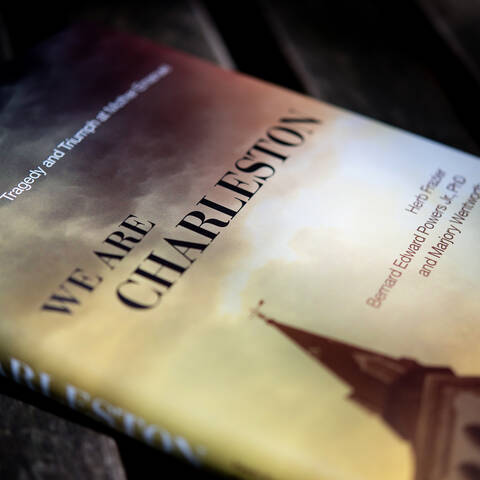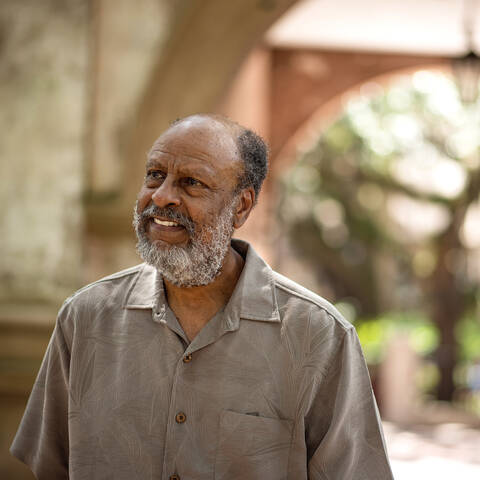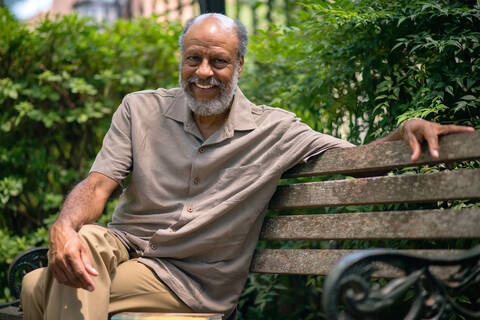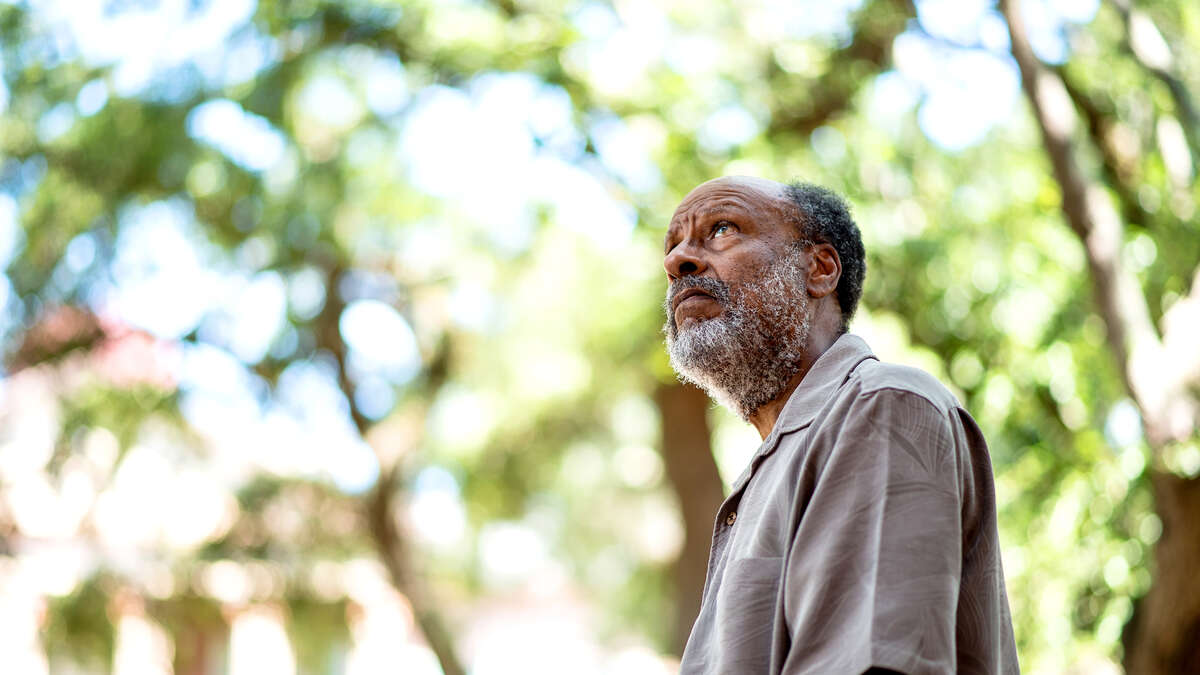Giving Voice to the Voiceless
Empowering
Bernard Powers believes in caretaking. Whether it’s the planet we live on, the history that helps us understand ourselves, or the students he has taught and supported in his classes at The College of Charleston, he wants to make the world a better place. “What matters most to me in the world is engendering a sense of care and compassion for life in general,” Bernard says. “If as modern people with the knowledge of the past, we are not convinced about the extent to which we need to care not only for ourselves but other life forms, then certainly the events of the recent past and present ought to convince us to care for the whole planet.”
Bernard didn’t know what to expect when he moved to Saint Peter, Minnesota to attend Gustavus in 1968. “It was a challenging environment for an urban kid from Chicago,” he says. “But I had an excellent experience on campus despite the fact that as an African American student I stood out. I got along well with people of every ilk and every background. Students from Uganda, Ethiopia, and Ghana. European students. Native American students. Even coming into contact with students from rural Minnesota and Wisconsin. I grew as a result of that diversity.”
“What matters most to me in the world is engendering a sense of care and compassion for life in general.”
After he found chemistry lab work too solitary, Bernard rediscovered his other passion for history and its connection to people. It was through a History of Philosophy class that he committed to the major. He was able to take classes in Russian history, Asian history, and his professor Fred Brown offered him an independent study in Africanist history before Gustavus had a specialist on faculty. "My professors wanted to cultivate my interests," Bernard says. "It was inspiring." A visit to The National Archives during J-Term solidified his interest in an academic career. “Doniver Lund gave me my first research experience. I’d never been to Washington DC, nor had I ever worked in a major historical research facility. I was at the National Archives for a week helping him with an important research project. This gave me a preview of what real historical research was like.”
It was a time of radical activism across U.S. college and university campuses. “Gustavus had that kind of passion for the events of the day,” he says. “Faculty felt the need to link what you were learning in the classroom to current events to the social gospel to social change—right then at that little campus all those things were linked together. Learning was everywhere. Everywhere on that campus.”



Bernard took his intellectual passion into a PhD program and onward to a 40-year, award-winning academic career researching, writing, and teaching students history. He recently co-authored We Are Charleston: Tragedy and Triumph at Mother Emanuel, a book that gives insight and pays homage to the nine members of one of the oldest African Methodist Episcopal (AME) church in America who were killed on June 17, 2015 by a white supremacist. “I have been involved in the AME church all my life," he says. "We wanted to try to memorialize the lives of those people killed and we wanted to make sure the reading public understood what their great potential was to do good. People often look to someone in my position to be the voice of the voiceless. There’s a lot of responsibility there."
Bernard knows there's risk as well as reward in his work. "I hope that people will take something positive away from the historic episodes that I’ve written about—that people will read them and be enlightened and be empowered by the examples I’ve drawn upon.”

